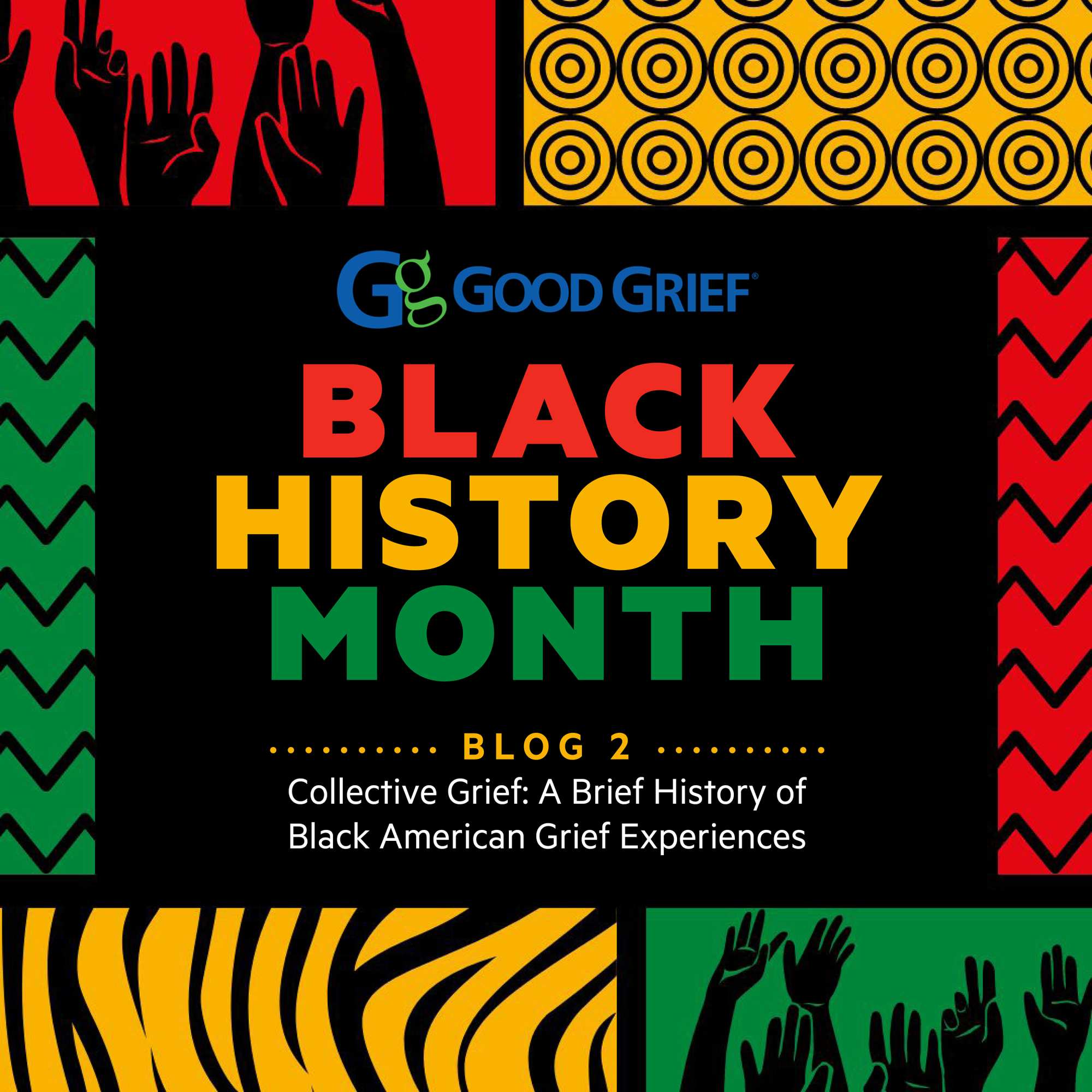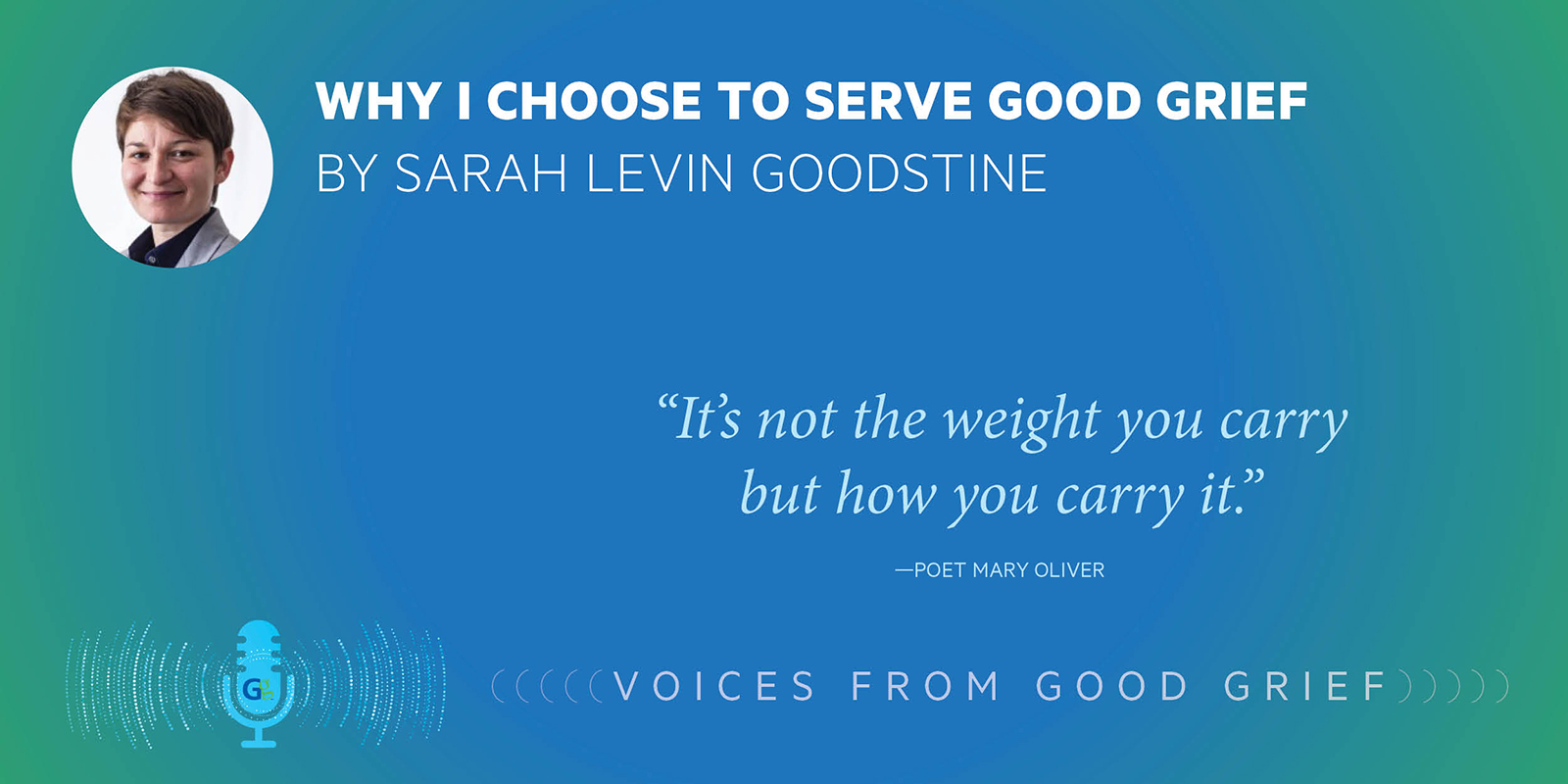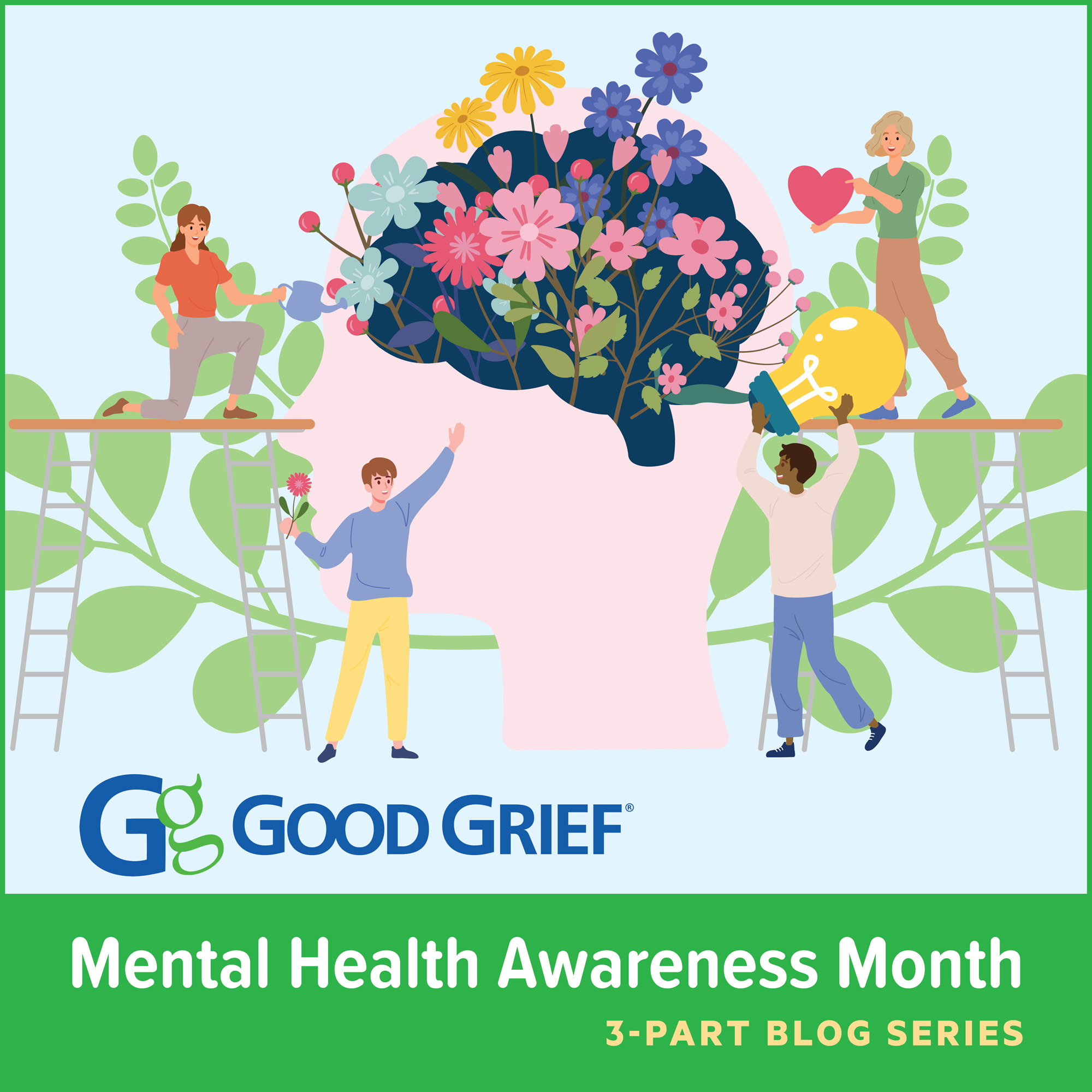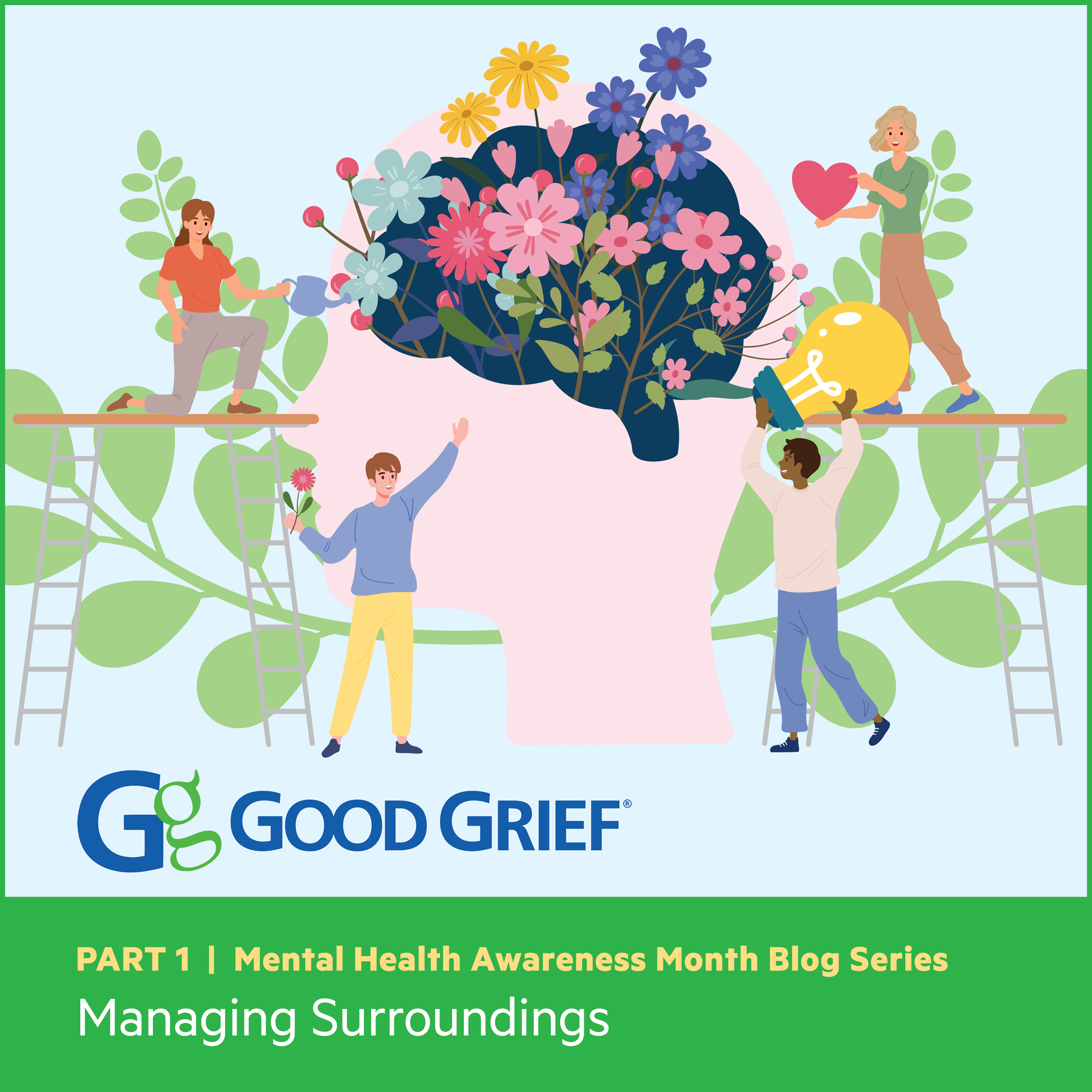
Black History Month Blog – Understanding your grief, and the grief of others (Part 2 of 3)
Black History Month Blog – Understanding your grief, and the grief of others
Part 2 of 3
This blog sets out to provide a high-level, introductory understanding of the unique grief experiences faced by Black communities in the US. To begin to understand Black grief, we will explore Collective Grief and a brief summary of the historical racialization of Black people in America, which has been marked by enslavement, structural inequality, historical and ongoing racial violence, and staggering amounts of loss, including loss of loved ones and community members, loss of land and loss of a sense of safety.
Understanding Black Grief
“To understand the unique experience of Black loss, grief and bereavement, it’s also necessary to consider the collective grief Black Americans have suffered”. In their article “From Grief to Grievance: Combined Axes of Personal and Collective Grief Among Black Americans”, Da’Mere Wilson and Mary Frances O’Connor explain that the history of the racialization of Black people in America has resulted in a unique experience of loss, grief, and bereavement.
Wilson tells us that “Personal loss is a domain where the loss is more of an individual experience, like losing a loved one, whereas collective loss is more of an experience that happens communally”. Collective bereavement, along with personal loss, may have this additive effect of creating a unique experience of loss and grief in the Black American community.
What is Collective Grief?
Collective grief occurs when a group of people — like a city, country or those belonging to a particular race or ethnicity — share an extreme loss. There is a recognition of enormity and widespread tragedy without a ‘reason’ to help make sense of it. We can also be collectively grieving for the loss of a way of life, a foreclosed future, or a set of unrealized ideals. The collective trauma of past years can erode our resilience and our sense of hope. Source
How has Collective Grief influenced Black communities historically, and to this day?
In colonial times, enslaved Black Americans were routinely, often violently, separated from their spouses, children, and families, while also made to witness violent acts inflicted on other enslaved people. In the Jim Crow era [1865-1968], Black people were regularly beaten or hanged publicly. While it may be tempting to consider these as dark, long-ago chapters in history, it’s critical to recognize the lingering effects of past trauma.
When the enslaved were torn from their families, they often formed familial bonds, or ‘fictive kinship’ with one another, seeing each other as brothers and sisters, and aunts and uncles. Fictive kinship continues to some degree in the Black community today. This aptness to look at each other as kin is part of why collective loss is a particular thing in the Black community. Source; Source
“Bereavement is a risk factor for varied and interconnected life outcomes, and Black Americans are more likely to experience the death of multiple family members from childhood through mid to later life compared with whites. The effects of losing nuclear family members, extended family, friends, and other loved ones may be further compounded by the highly publicized deaths of Black Americans, especially youth, in the United States. The frequent news accounts of young Black people dying as a result of police shootings and gang violence almost certainly add to a sense of collective loss and personal vulnerability.” Source
–






